Whenever I can justify flying business class to the UK I go with Malaysian. I do this mainly because three years after losing two planes in six months they still have to substantially undercut their competitors to attract corporate traffic, and only partly because the possibility of veering inexplicably off route before plunging into the Indian Ocean, or being taken out by a ground-to-air missile over Kazakhstan, adds a certain frisson to the interminable ennui of long-haul. If I’m going economy, though, as I did last week, I tend to go with Qantas. When I asked the pom sitting next to me why he’d also chosen Qantas – rather than, say, British Airways – he burbled something about Dustin Hoffman before ordering his sixteenth gin and tonic.
But if he’d asked me the same question I would have said as an Australian citizen choosing any other airline would feel downright un-Australian. I’m not being entirely facetious. The fact is, our national carrier does enjoy remarkable loyalty in both the domestic and diasporic markets. And this has less to do with its still enviable safety record than its advertising.
The most effective advertising, after all, is the kind which has the longest shelf life, and Qantas has been running essentially the same domestic brand campaign for as long as I’ve lived here. Sure, there have been a few make-overs: the Hitler-youth outback choirs of the 1980s, for example, have been displaced by more realistic suburban settings and a more ethnically diverse cast, while the orchestrated Peter Allen homages have evolved into something rather more unplugged and indie. But the ads have never strayed far from the brand’s DNA; the disarmingly simple proposition that if you’re an Aussie, that massive, fossil-fuel-guzzling, high-tech steel tube with a kangaroo on its arse – as opposed to all the other massive, fossil-fuel-guzzling, high-tech steel tubes – is no less a part of your home than the Commodore on your driveway or the Hills Hoist in your backyard.
But in the progressive, truly multicultural society that Australia strives to be, the concept of home is no less fluid than the concept of gender. And one challenge facing the Qantas brand today is maintaining its currency within and relevance to a population which is increasingly conscious of its ethnic and cultural differences. There is no ethno-cultural demographic in the country to whom the notion of home is more important, of course, than one that made its home here first. Qantas has done as much as any other Aussie corporate to signal its pride in our aboriginal heritage; the dot-painting 747 and 737 fuselages just the most visible component of an increasingly well-funded reconciliation aid program. But here’s something else they might consider.
By the middle of the 19th century, thanks to Charles Darwin, the museums of most major Western cities had anthropological collections. Interest in Australia, a recent discovery, was particularly high, and aboriginal skeletons were much sought after.
To meet this gruesome demand, it’s estimated that the remains of as many as 10,000 aborigines were exported in the first 100 years of white settlement. Despite the fact that this highly lucrative trade was illegal, the authorities took little trouble to prevent it, and were sometimes even complicit. Incredibly, most of these remains are still in the archive collections of European and American museums. Every society deals with death differently. Australian aboriginal culture, with its profound connection to the land, accords interment particular significance, and more than a century after the last of these outrages were perpetrated many aboriginal people are still traumatised by what happened to their ancestors.
For generations, their requests for some kind of closure were brushed aside or ignored by government. But today they have a champion in the form of Bob Weatherall, an elder of the Gumulray tribe of Northern Queensland. For some years now, Mr Weatherall has made the repatriation of aboriginal remains a priority. The negotiations he’s entered into with foreign museums are often protracted and expensive, but Bob is determined to bring those Australians home. Qantas should help him.
Got something to add? Join the discussion and comment below.
Get 10 issues for just $10
Subscribe to The Spectator Australia today for the next 10 magazine issues, plus full online access, for just $10.
You might disagree with half of it, but you’ll enjoy reading all of it. Try your first month for free, then just $2 a week for the remainder of your first year.


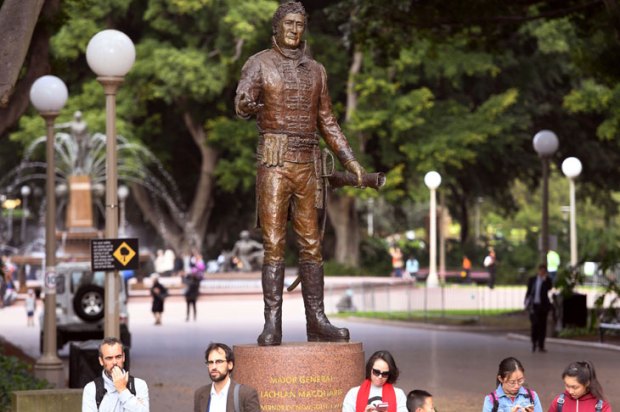
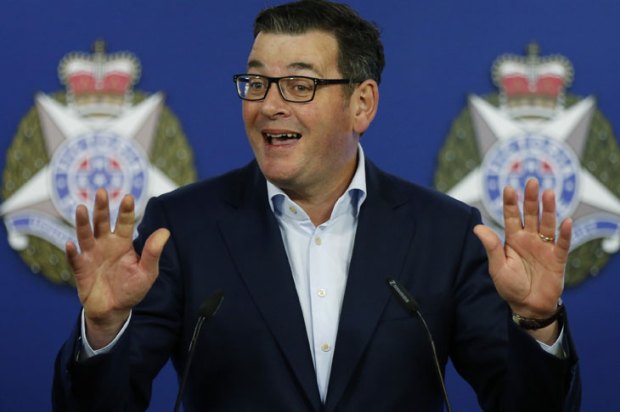
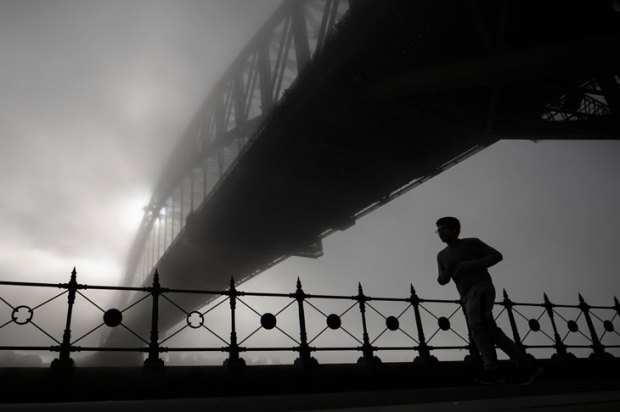
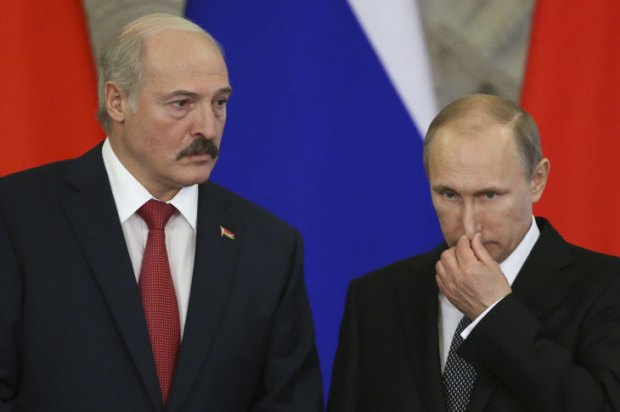

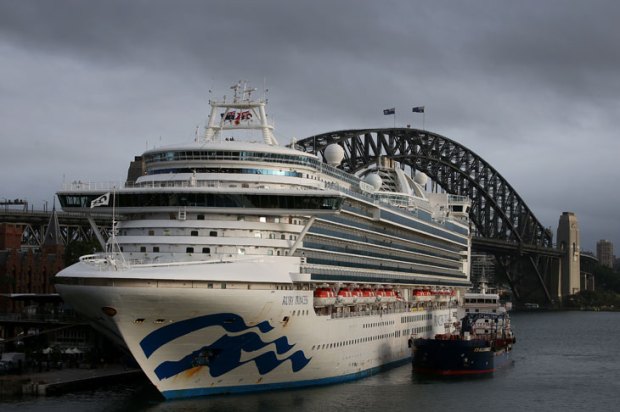






Comments
Don't miss out
Join the conversation with other Spectator Australia readers. Subscribe to leave a comment.
SUBSCRIBEAlready a subscriber? Log in